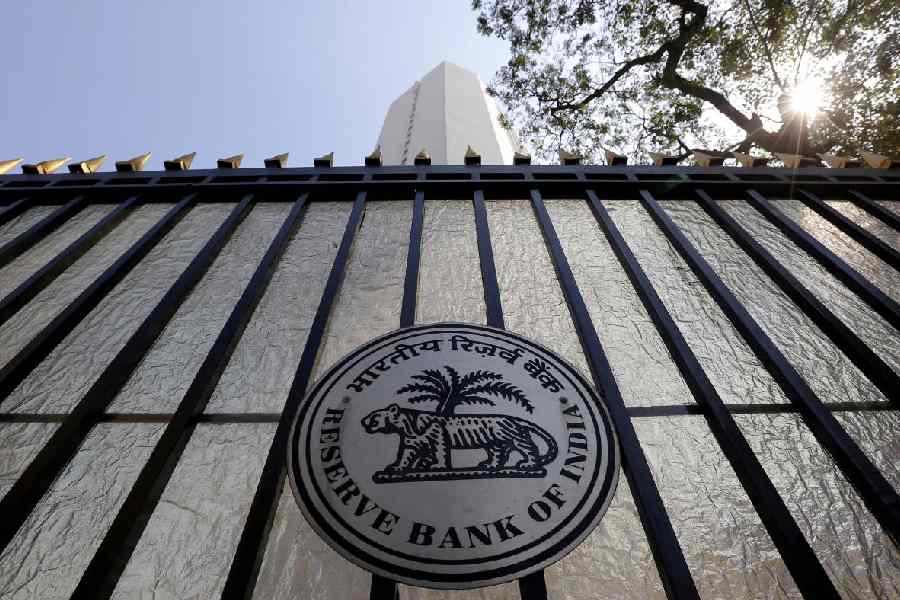The Indian banking regulator is signalling possible rule changes ahead that would let foreigners own more of India’s banks, spurred by overseas institutions’ eagerness for acquisitions and the fast-growing economy’s need for more long-term capital.
The Reserve Bank of India last month bent its rules to let Japan’s Sumitomo Mitsui Banking Corp buy a 20 per cent stake in Yes Bank, and two foreign institutions are vying for a stake in IDBI Bank, highlighting the pressure to ease foreign ownership rules that are among the strictest of any major economy.
RBI governor Sanjay Malhotra said last week that the central bank was examining shareholding and licensing rules for banks as part of a broader review.
A source familiar with the central bank’s thinking said it would be more open to letting regulated financial institutions own bigger stakes, with approvals on a case-by-case basis, and to certain rule changes that could address disincentives for foreign acquisitions.
Analysts say foreign banks are keen for deals in India, the world’s fastest-growing major economy, especially as it angles for regional trade agreements. Such pacts could open up new opportunities in India for global lenders elsewhere in Asia and West Asia.
“The interest is driven by India’s strong economic growth and large under-penetrated market,” said Madhav Nair, deputy chairman of the Indian Banks Association.
Indian regulators, for their part, worry that India lags other large economies in mobilising banking capital, which will be vital to sustaining rapid economic growth.
Alka Anbarasu, associate managing director at Moody’s Investors Service, said India will need much more capital for its banking system over the medium term.
“Whether this has prompted the regulator to consider bringing in strong international players into the banking system, it would be a good rationale for doing so,” she said.
While most large global banks from Citibank to HSBC to Standard Chartered have operations in India, they are focused on the more profitable corporate and transaction banking segments, along with trading, rather than bread-and-butter lending.
The share of foreign banks in outstanding bank credit in India is less than 4 per cent, central bank data shows.
Banking remains one of the most guarded sectors of the Indian economy. While foreigners, including portfolio investors, can own up to 74 per cent, regulations limit a strategic foreign investor’s stake to 15 per cent.










